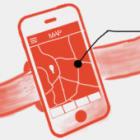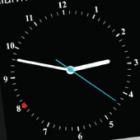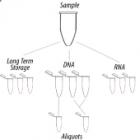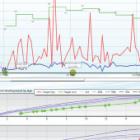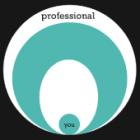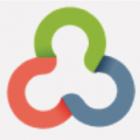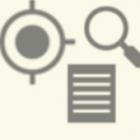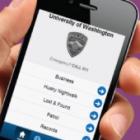
LENS: Discover Your World
LENS is an image-scanning based Android application that uses crowd sourced/rated information to create an objective, fluid experience. Users scan 2D media in the real world with a smartphone camera to instantly retrieve related information. Our design was generated through market research, interviews, task analyses and an iterative prototyping/testing process. Results from feedback indicate that users aren’t willing to spend much time looking up information while on the move. LENS will always be faster than competing applications because it doesn’t require the user to do any superfluous work.

